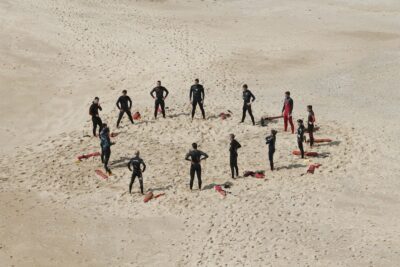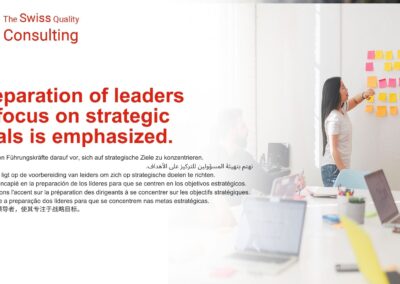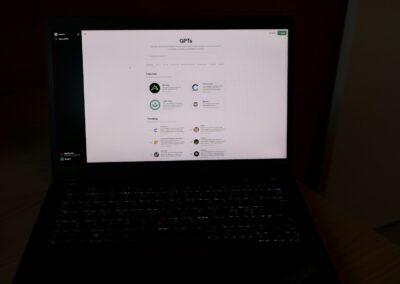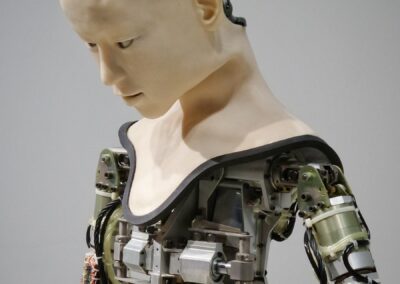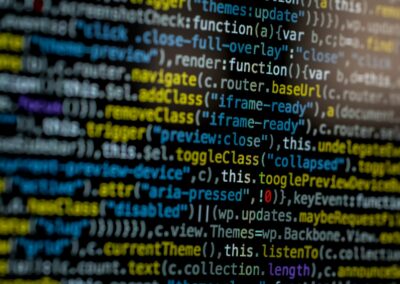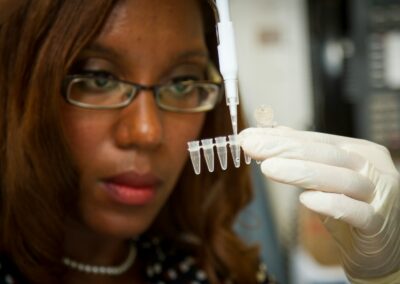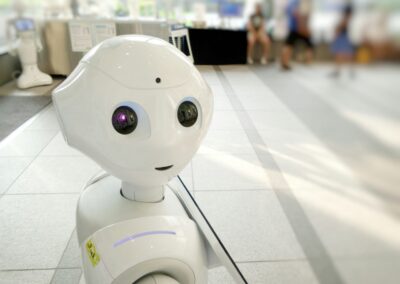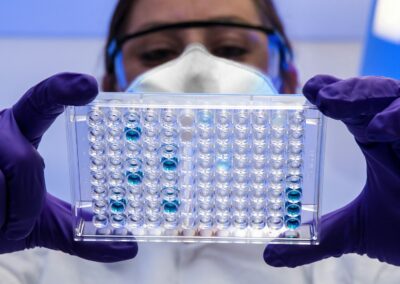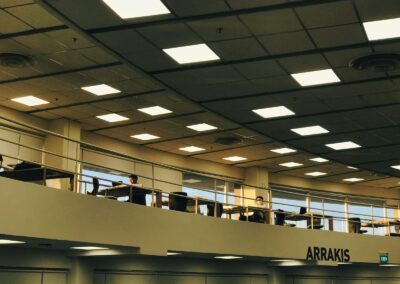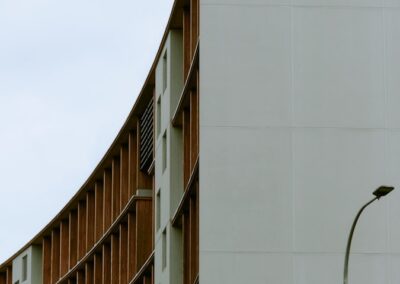Evolution of Education Systems for a Technologically Advanced Future
The Need for Educational Transformation in the Age of the Singularity
The concept of the singularity, a point where technological growth becomes uncontrollable and irreversible, demands a transformative approach to education. Preparing future generations for the singularity requires education systems to evolve, emphasizing critical thinking and adaptability. In regions like Saudi Arabia, the UAE, Riyadh, and Dubai, which are at the forefront of technological advancements, this transformation is particularly crucial.
Current education systems, predominantly designed for an industrial age, must shift towards a model that nurtures creativity, problem-solving, and continuous learning. As artificial intelligence (AI), blockchain, and the metaverse reshape industries, the workforce of tomorrow must be equipped with skills that transcend traditional knowledge. Critical thinking enables students to analyze and evaluate complex information, a necessity in a world where AI and automation handle routine tasks.
Moreover, adaptability becomes a key skill as technological advancements lead to rapid changes in job roles and industry requirements. Educators must foster a mindset of lifelong learning, where students are encouraged to embrace new technologies and methodologies. This shift not only prepares individuals for future job markets but also promotes a culture of innovation and resilience.
Integrating Modern Technologies in Educational Curricula
Integrating modern technologies into educational curricula is essential for preparing future generations for the singularity. In Saudi Arabia and the UAE, initiatives to incorporate AI, blockchain, and the metaverse into learning environments are already underway. These technologies not only enhance learning experiences but also familiarize students with tools that will dominate future workplaces.
AI can personalize learning, tailoring educational content to individual student needs and learning paces. This personalized approach ensures that each student maximizes their potential, bridging gaps in understanding and accelerating progress. Additionally, blockchain technology can revolutionize credentialing, providing secure and verifiable academic records that simplify the transition from education to employment.
The metaverse offers immersive learning experiences, allowing students to engage in virtual simulations and interactive lessons that make complex concepts more accessible. For instance, virtual labs can provide hands-on experience in scientific experiments without the need for physical resources. This approach not only enhances understanding but also sparks curiosity and interest in STEM fields.
Fostering Critical Thinking and Adaptability through Curriculum Reform
Curriculum reform is paramount to fostering critical thinking and adaptability, essential skills for thriving in a world shaped by the singularity. Education systems in Riyadh, Dubai, and other progressive regions must prioritize these skills to ensure students are well-prepared for future challenges. This involves moving away from rote memorization and standardized testing towards project-based learning and interdisciplinary studies.
Project-based learning encourages students to apply knowledge in real-world scenarios, developing problem-solving skills and promoting collaboration. By working on projects that address real-life issues, students learn to think critically, assess various solutions, and adapt their approaches based on feedback and changing circumstances. This hands-on experience is invaluable in preparing them for dynamic and uncertain future job markets.
Interdisciplinary studies break down traditional subject silos, reflecting the interconnected nature of modern knowledge and industries. For example, combining computer science with ethics, or engineering with environmental science, helps students understand the broader implications of technological advancements. This holistic approach ensures that they not only acquire technical skills but also appreciate the ethical and societal contexts in which they operate.
Leveraging Executive Coaching and Lifelong Learning
Executive coaching and lifelong learning are critical components in preparing future generations for the singularity. As businesses in Saudi Arabia, the UAE, and other technologically advanced regions continue to innovate, the demand for leaders who can navigate complex, rapidly changing environments will grow. Executive coaching can help individuals develop the leadership and management skills necessary to thrive in such contexts.
Executive coaching provides personalized guidance and support, helping leaders to enhance their decision-making abilities, strategic thinking, and emotional intelligence. These skills are essential for managing teams, driving innovation, and responding to the challenges posed by the singularity. By investing in executive coaching, organizations can ensure that their leaders are well-equipped to lead through periods of technological disruption and transformation.
Lifelong learning initiatives encourage individuals to continuously update their skills and knowledge, staying relevant in a fast-evolving job market. This culture of continuous improvement not only benefits individuals but also contributes to organizational success and national economic growth. In Dubai, Riyadh, and beyond, fostering a commitment to lifelong learning will be crucial in maintaining a competitive edge in the global economy.
Case Studies: Successful Educational Innovations
Several case studies highlight successful educational innovations that prepare students for the singularity. For instance, the UAE’s Ministry of Education has launched initiatives to integrate AI and digital skills into school curricula, ensuring students are proficient in emerging technologies. These programs provide students with hands-on experience in coding, robotics, and data analysis, preparing them for future careers in tech-driven industries.
In Saudi Arabia, the Vision 2030 initiative emphasizes educational reform to develop a knowledge-based economy. Programs focused on STEM education, digital literacy, and vocational training are designed to equip students with the skills needed for the future workforce. These efforts aim to reduce unemployment, diversify the economy, and foster a culture of innovation and entrepreneurship.
Dubai’s Knowledge and Human Development Authority (KHDA) has also implemented forward-thinking educational policies, promoting creativity, critical thinking, and adaptability. By encouraging schools to adopt innovative teaching methods and integrate technology into classrooms, KHDA ensures that students are well-prepared for the challenges and opportunities of the singularity.
Conclusion: Embracing Educational Evolution for a Bright Future
Preparing future generations for the singularity requires a comprehensive and forward-thinking approach to education. By emphasizing critical thinking, adaptability, and the integration of modern technologies, education systems in Saudi Arabia, the UAE, Riyadh, and Dubai can equip students with the skills needed to thrive in a rapidly changing world. Executive coaching and lifelong learning initiatives further support the development of capable leaders who can navigate the complexities of the singularity.
As we continue to explore and embrace educational innovations, it is essential to prioritize the holistic development of students, ensuring they are not only technically proficient but also ethically and socially aware. By doing so, we can create a future where technological advancements contribute to sustainable and inclusive growth, benefiting individuals, organizations, and society as a whole.
#FutureGenerations #Singularity #EducationSystems #CriticalThinking #Adaptability #AI #FutureTechnology #BusinessInnovation #Leadership #ProjectManagement #SaudiArabia #UAE #Dubai #Riyadh



